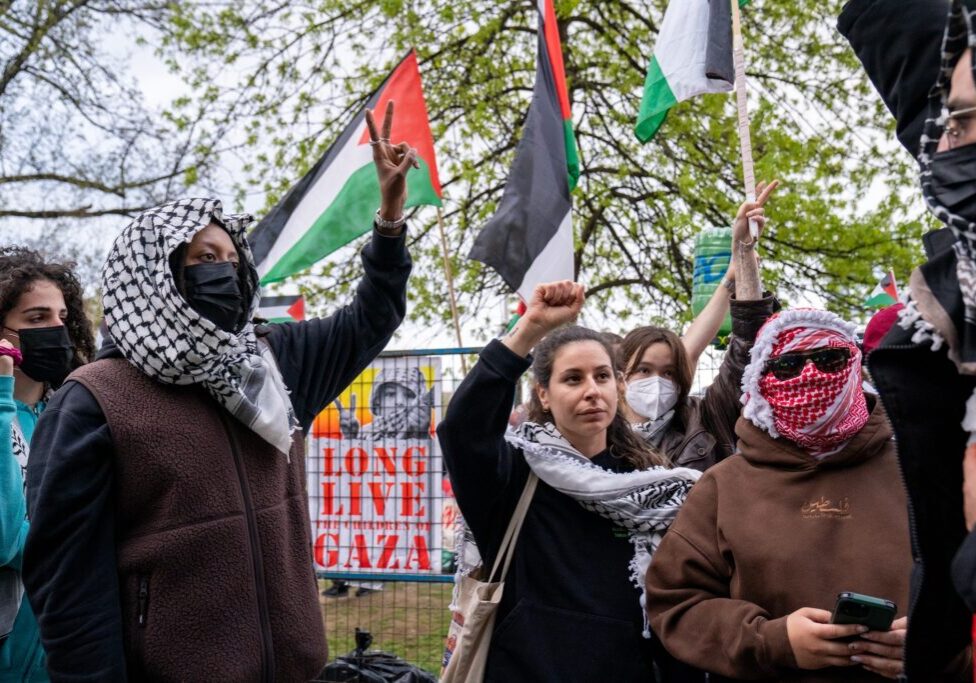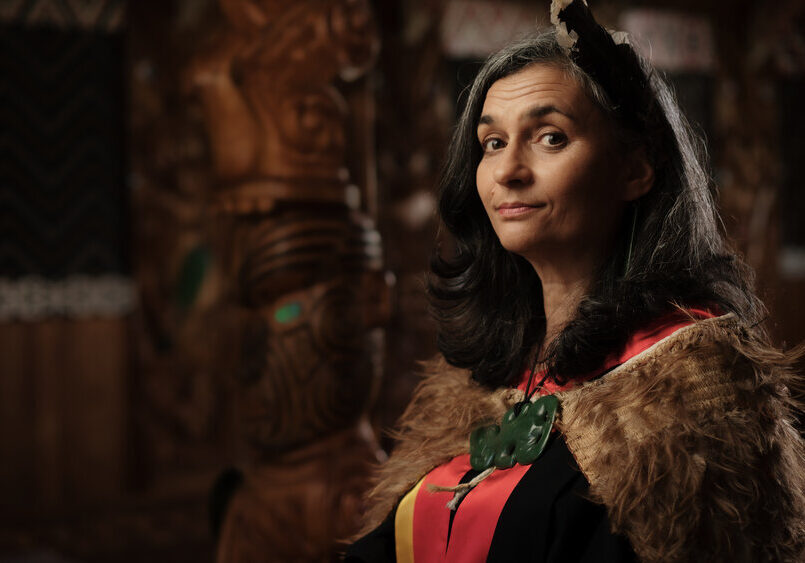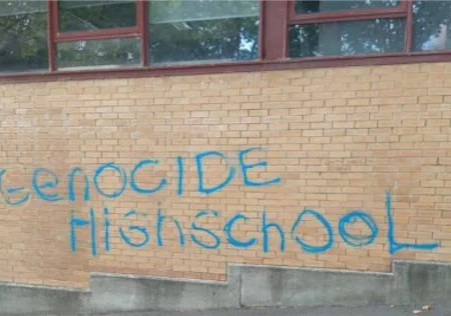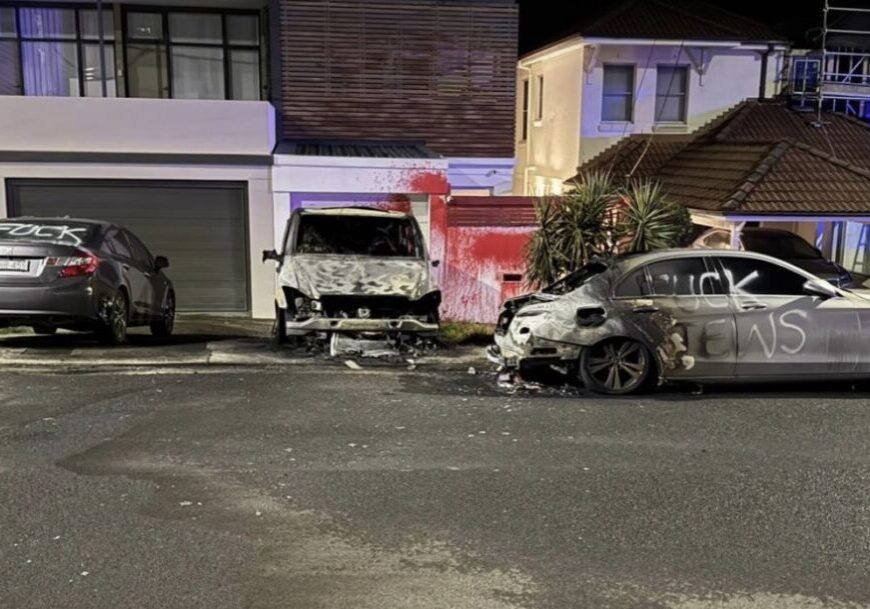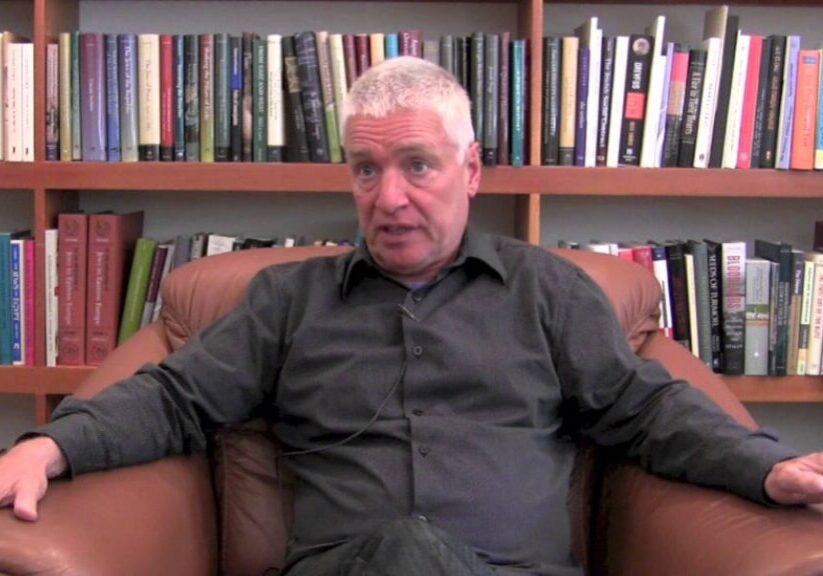Australia/Israel Review
AIR New Zealand: Beware BDS hype
Jul 5, 2018 | Miriam Bell
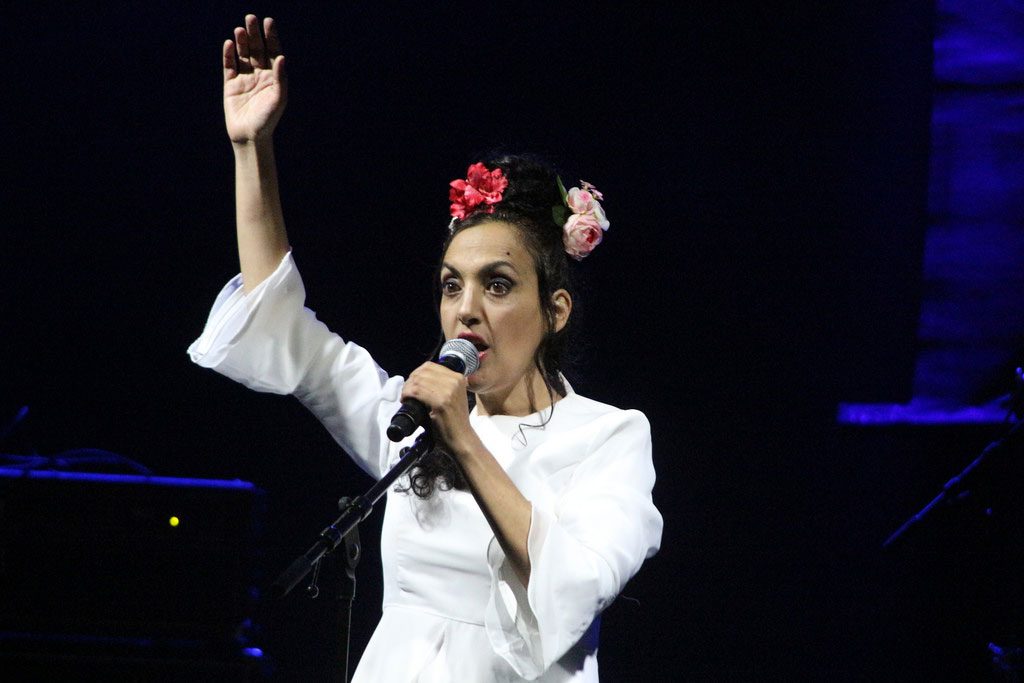
It’s a heightened reality that we live in. We don’t just have 24 hour news cycles – we have high intensity, breaking news pushed at us constantly throughout the day.
There is less analysis and any sense of proportion has gone: Whether it’s a bus crash causing multiple deaths and injuries or a celebrity relationship break-up, it is treated with the same level of gravity. And the tone of it all tends towards extreme emotion, a trend amplified further in social media.
That means it is becoming increasingly difficult to distinguish when something is or isn’t a genuine problem. This year it has seemed that New Zealand has seen a noticeable ramping up of anti-Israel, Boycott, Divestment and Sanctions (BDS)-related activity.
But has it really? Has the BDS movement really gained greater traction in New Zealand – or are the news cycles just picking up on such activities more in the wake of the Lorde saga late last year?
Pop singer Lorde’s cancellation of her planned concert in Israel, and the debate surrounding it, seem to have emboldened various anti-Israel activists to boost their campaign to get their BDS-informed message out. Along with more regular protest gatherings, it has also involved concerted disruption efforts aimed at events involving Israel.
First up, the Palestinian Solidarity Network embarked on a BDS-rhetoric laden campaign to get the WOMAD festival to drop Israeli singer Victoria Hanna from its line-up this year. The campaign failed: WOMAD organisers did not play ball and Hanna appeared as scheduled.
Next, the Auckland Peace Action group targeted a public event held to celebrate Israel’s 70th anniversary in May. The language employed was the same as that of the BDS movement but, despite signs urging boycotts of Israel, the protest was not explicitly connected to BDS.
On this occasion, threats to some of the speakers meant they didn’t speak and police were present to safeguard the event. But attendees said that about 200 people turned up in support of Israel while only about 15 activists protested.
Finally, the annual Doc Edge film festival, which was screening a couple of Israeli documentaries as it does every year, attracted intense BDS focus in both Auckland and Wellington. Threats were issued, screenings of the Israeli films were disrupted by activists armed with fake bombs, and protestors were arrested.
Again, the activists’ efforts gained media attention but came to nothing. Doc Edge chair Glenn Johnstone told media the festival “will not bow to pressure groups who seek to censor content on the basis that a film takes a point of view with which that group disagrees.”
This chain of events definitely amounts to an increase in public anti-Israel action. But Israel Institute of NZ co-director Ashley Church says he doesn’t think the BDS is a big force in New Zealand and is not likely to be.
“I would have thought it might gain more traction under the current government, but it doesn’t seem to have so far. The current government is continuing with the foreign policy bias that has been around for well over 10 years now and we aren’t seeing indications that it is going to move in a more extreme direction.”
Anti-Israel movements, like BDS, come and go with new groups taking the place of ones which disappear, he says. “The problem is that they are good at pumping out lots of misinformation about Israel. That information does eventually get pushed out by better information. But, in many ways, the voices for Israel here haven’t countered it effectively in the past. There is a real challenge here that we need to focus on – but we are working on it and ensuring greater collaboration and co-ordination of responses.”
Victoria University of Wellington religious studies professor Paul Morris agrees that the BDS movement in New Zealand is very small. “There’s a few activists representing it, but they are a tiny number. As for students, they don’t tend to be highly politicised these days. So, on campus, it is again a small but very vocal minority who are active.”
He says that, despite their best efforts this year, BDS hasn’t gained much traction. “BDS activists are working overtime to try and make their case and present it. But, in New Zealand, the whole Lorde thing has had the biggest effect and that’s because she is a huge figure for young Kiwis – so it is more about Lorde herself than BDS.”
Otherwise, Morris believes BDS doesn’t have much resonance in New Zealand and isn’t growing. “The activists tend to be the same ones who have been around for ever [like John Minto and Valerie Morse] and a few young converts – and they all pop up in different groups which are aligned.”
The problem is that BDS activists tend to shut down discourse and debate rather than open it up for the genuine expression of multiple voices, he says. “So keeping dialogue and discussion open and making sure information other than that from the likes of BDS is out there is key to combatting it. We need to work to keep public channels open and neutral, informed voices speaking.”
Tags: Anti-Zionism, New Zealand


